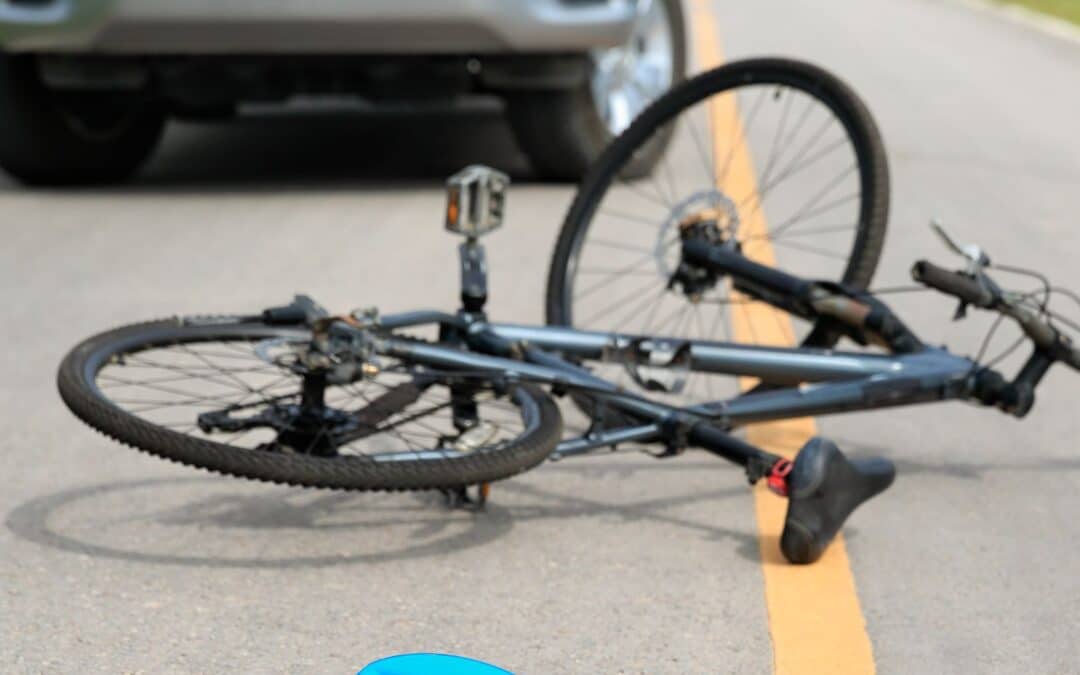As technology advances, driverless cars are becoming increasingly common on Chicago roads. While autonomous vehicles promise improved safety and efficiency, they also pose new risks, particularly for vulnerable road users like bicyclists. Bicycle accidents involving driverless cars are a growing concern in Chicago, and it’s essential for cyclists, motorists, and lawmakers to understand the implications.
(Understanding Driverless Car Laws: Federal vs. State Regulations)
The Rise of Driverless Cars in Chicago
Chicago has emerged as a hub for autonomous vehicle testing and development. With companies like Argonne National Laboratory and the University of Illinois conducting research, the city is at the forefront of driverless car technology. However, as more autonomous vehicles share the roads with human-operated vehicles and bicycles, the risk of motor vehicle accidents increases.
Bicycle Accidents Involving Driverless Cars: Unique Challenges
Bicycle accidents involving driverless cars present distinct challenges:
Liability Concerns
In traditional motor vehicle accidents, determining liability often relies on establishing negligence or reckless behavior by one or more parties. However, with driverless cars, liability becomes more complex. Manufacturers, software developers, and even government agencies may be held accountable.
Detection and Response
Autonomous vehicles rely on sophisticated sensors and software to detect and respond to road conditions. However, these systems may not always recognize or react to bicyclists in time, particularly in complex urban environments like Chicago.
Lack of Regulatory Framework
Current regulations governing autonomous vehicles are evolving, but there is still a lack of clarity regarding standards for safety, testing, and deployment. This uncertainty creates challenges for cyclists, motorists, and law enforcement.
Real-World Examples of Bicycle Accidents Involving Driverless Cars
Several incidents highlight the risks:
- In 2020, a bicyclist in Tempe, Arizona, was struck and killed by a self-driving Uber vehicle.
- In San Francisco, a pedestrian was injured by a self-driving taxi in 2022.
- Closer to home, Chicago has seen multiple incidents involving autonomous vehicles and bicycles.
Protecting Cyclists in Chicago
To address the growing concern of bicycle accidents involving driverless cars, several measures can be taken:
Infrastructure Improvements
Chicago can enhance its cycling infrastructure by:
- Implementing dedicated bike lanes
- Improving road design
- Increasing visibility
- Enhancing intersection safety
Education and Awareness
Raising awareness among cyclists, motorists, and the general public about the risks and benefits of driverless cars can promote safer road sharing.
Regulatory Framework
Lawmakers must establish clear guidelines and standards for autonomous vehicle development, testing, and deployment to ensure cyclist safety.
Technological Advancements
Manufacturers can improve autonomous vehicle systems by:
- Enhancing sensor capabilities
- Developing more sophisticated software
- Implementing emergency response protocols
Seeking Compensation for Bicycle Accidents
If you or a loved one has been involved in a bicycle accident involving a driverless car in Chicago, seeking compensation can be complex. It’s crucial to consult with an experienced Chicago personal injury attorney who understands motor vehicle accidents and the evolving landscape of autonomous vehicle law.
Conclusion
As Chicago continues to navigate the integration of driverless cars, prioritizing cyclist safety is paramount. By addressing the unique challenges posed by bicycle accidents involving autonomous vehicles, we can create a safer, more sustainable transportation ecosystem for all road users.
If you’re looking for an experienced Chicago personal injury lawyer to help navigate your personal injury claim, we will fight assiduously for your right to the compensation you deserve. Call Bizzieri Law Offices at 773.881.9000. The case evaluation is free, and we never charge a fee unless we recover damages for you.

